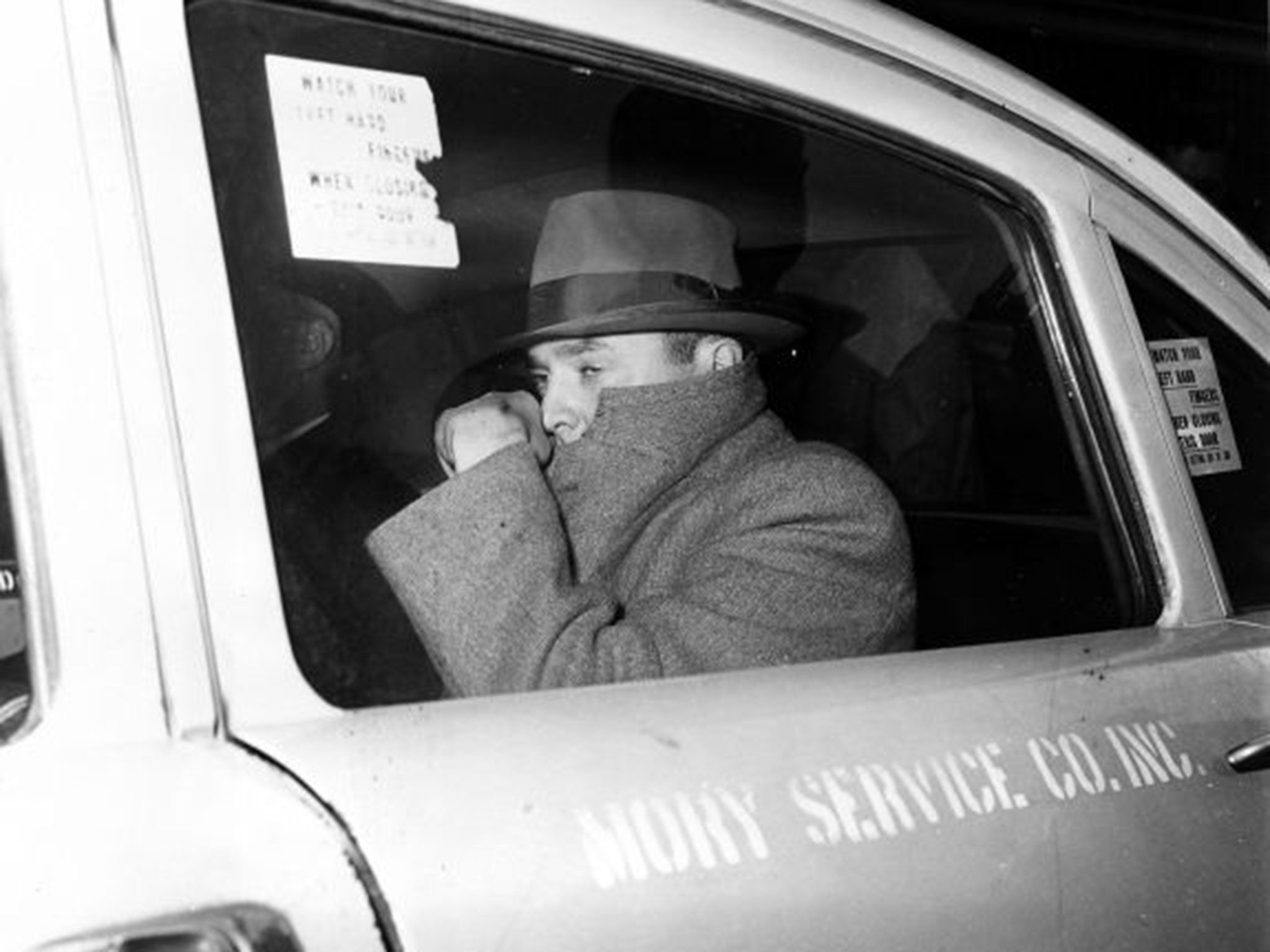David Greenglass: Spy whose testimony saw his sister and her husband, Ethel and Julius Rosenberg, sent to the electric chair

David Greenglass, whose lies in order to save his wife helped send his sister Ethel Rosenberg to her death in the electric chair, and whose death on 1 July has just been announced, was a central and reviled figure in arguably the most wrenching spy affair in US history, whose drama and controversy resonate to this day.
Julius and Ethel Rosenberg were arrested in 1950 and executed in June 1953, despite vast and worldwide protests. They had been convicted for passing nuclear secrets to the Soviet Union during and after the Second World War, in a spy ring run by Julius. A member of that ring was Greenglass, who worked as a machinist on the top-secret Manhattan project in Los Alamos, New Mexico, to develop the atom bomb, and who was recruited by Julius to provide information.
The espionage began when the US and the Soviet Union were allies against Nazi Germany. By the time it was revealed – thanks to the Venona scheme whereby US codebreakers decrypted transmissions from the Soviet Consulate in New York during the 1940s, the alliance had long been replaced by the Cold War. When the Rosenbergs were indicted, America was in the grip of a "Red Scare" that turned swiftly into a witch-hunt for communists and anyone who remotely sympathised with them. In that climate Ethel and Julius Rosenberg had little chance.
The ring was finally exposed with the unmasking of the German-born British physicist Klaus Fuchs, who had worked at Los Alamos and provided crucial information to Moscow. Under interrogation, Fuchs named as a courier the chemist Harry Gold, who then implicated first Greenglass and then the Rosenbergs.
Greenglass's moment of infamy happened just before the Rosenbergs went on trial in March 1951. A crucial issue in determining the fate of Ethel was precisely who had typed up the notes delivered by Gold. Under FBI interrogation he initially refused to implicate his sister. But when he was informed that Ruth had said that Ethel had done so, he changed his story, agreeing with his wife.
Ethel the comparative bystander, had been transformed for the prosecution into a full-scale spy. Then, "and on countless other occasions," thundered the chief prosecutor, "she sat at that typewriter and struck the keys, blow by blow, against her own country in the interests of the Soviets."
The Rosenbergs were both sentenced to death. Gold and Morton Sobell, another conspirator, both received 30 years, while Greenglass was given a 15-year jail term, of which he served almost 10. His wife, who also testified against the Rosenbergs, was deemed an unindicted co-conspirator, and never went to prison.
Greenglass was released in 1960, and lived thereafter in obscurity under an assumed name with his wife and two children, working in his old trade as a machinist. As a spy, however, he was of scant importance. He was no nuclear specialist; the information and drawings he provided of the fission device were rudimentary and, experts agree, of small value to Moscow in its own pursuit of the A-bomb.
Despite his protestations of innocence, Julius Rosenberg's guilt was later conclusively established by the Venona transcripts – which also unmasked, among others, Donald Maclean, one of the "Cambridge" spies who at war's end was a diplomat at the British Embassy in Washington. The transcripts, however, were vague at best about the role played by Ethel – as the later admissions of Greenglass only underlined.
For three decades after his release he preserved his anonymity, despite the enduring fascination with the Rosenberg case. Finally, however, he was tracked down by Sam Roberts, a New York Times reporter. Their 50 hours of interviews became a 2003 book, The Brother: The Untold Story of the Rosenberg Case. In it, he admitted that he had falsely testified that his sister had typed up the notes, saying he had no idea of which of the women did so, "though I frankly think my wife did the typing."
Nor did he regret what he had done. His wife was more important to him than his sister. "So what am I gonna do?" he asked Roberts at one point. "My wife is my wife, I mean I don't sleep with my sister, you know."
Few were sympathetic. In prison, Greenglass was shunned and despised for what he had done. "Any man who will testify against his own blood and flesh is repulsive," declared Emanuel Bloch, the Rosenberg's defence lawyer, during their trial. Ethel and Julius's two children, adopted after their execution, understandably felt the same way. "He was a sleazy, despicable person," Robert Meeropol (né Rosenberg) told Roberts, "and I don't doubt he's despicable to this day."
RUPERT CORNWELL
David Greenglass, machinist and spy: born New York 22 March 1922; married 1942 Ruth Prinz (two sons); died New York 1 July 2014.
Subscribe to Independent Premium to bookmark this article
Want to bookmark your favourite articles and stories to read or reference later? Start your Independent Premium subscription today.

Join our commenting forum
Join thought-provoking conversations, follow other Independent readers and see their replies